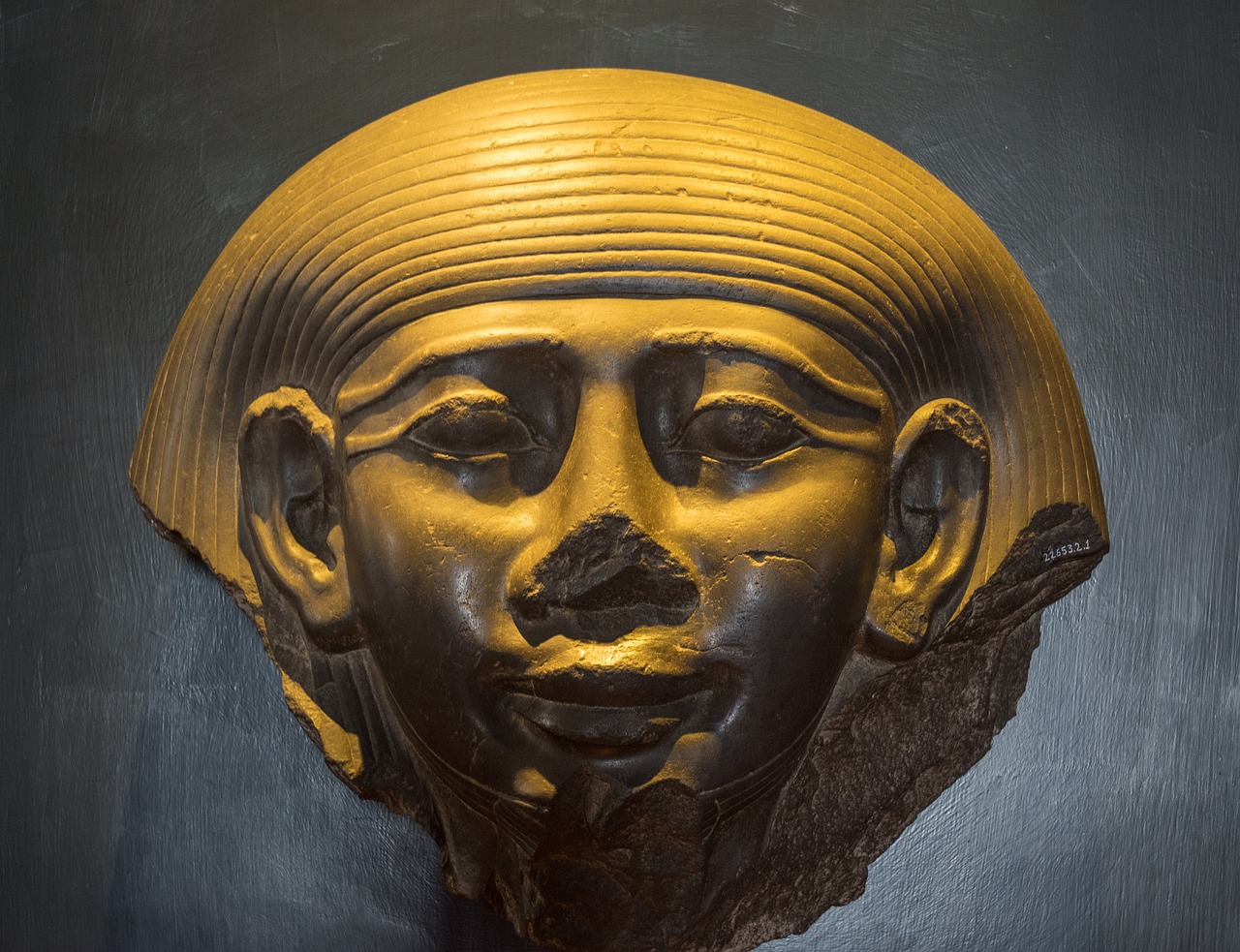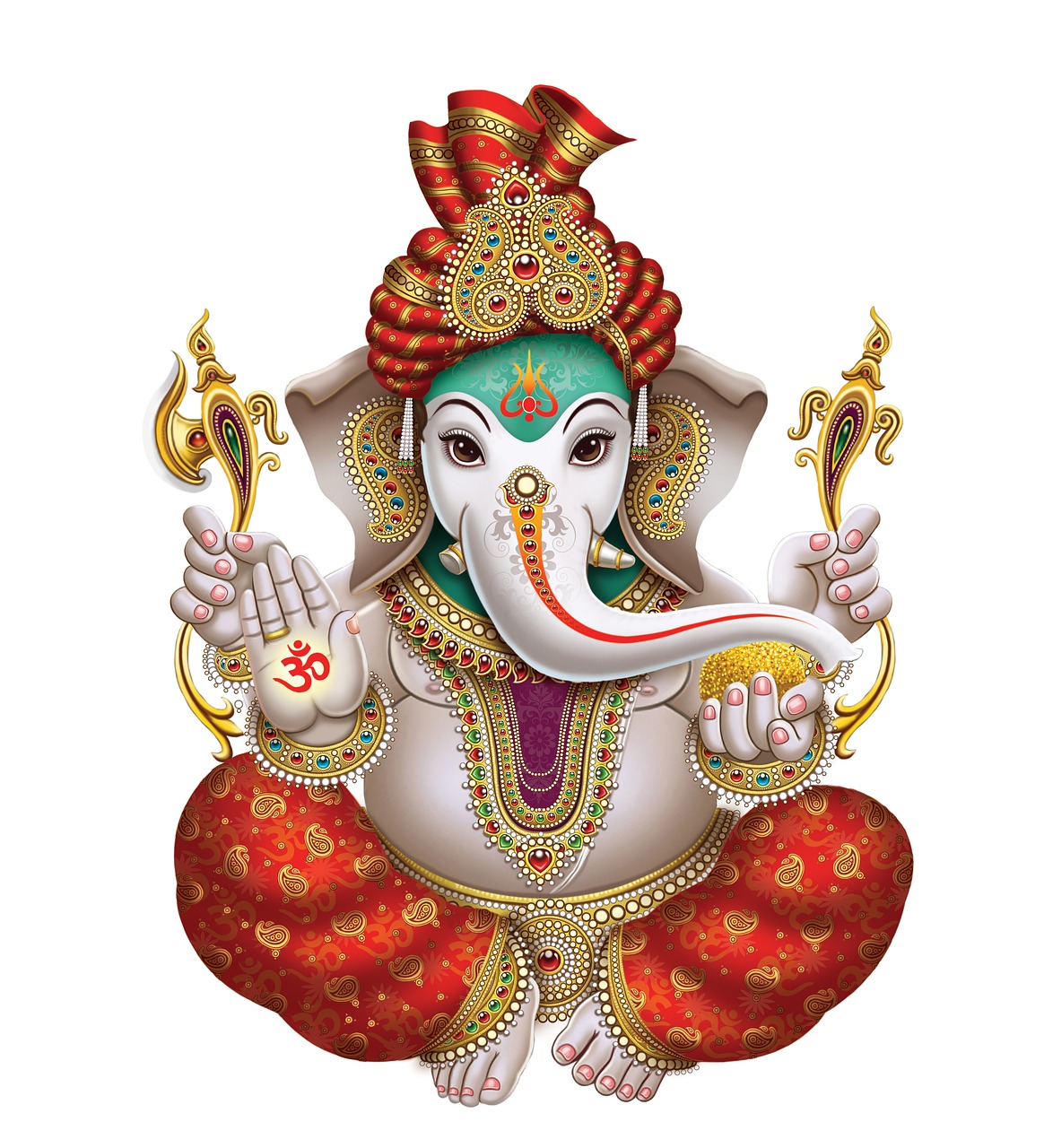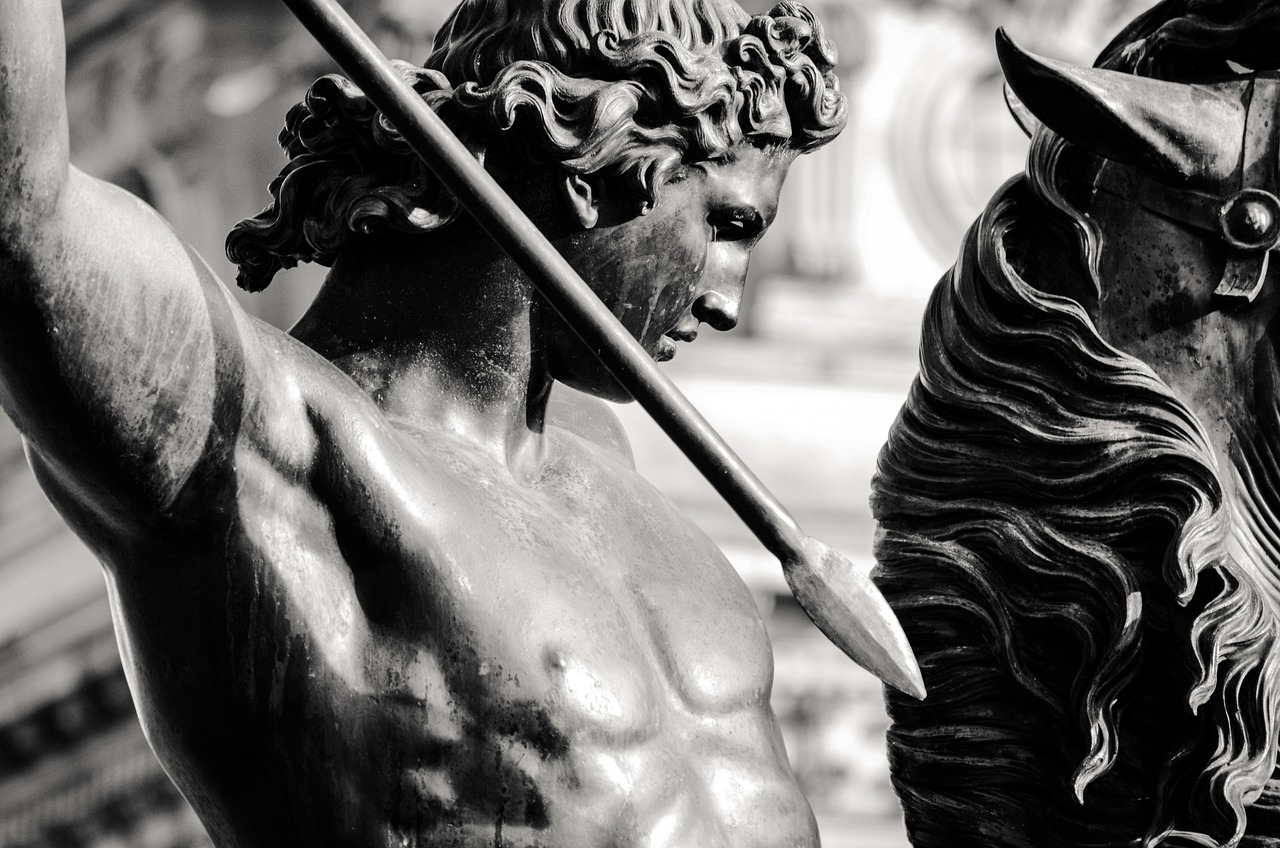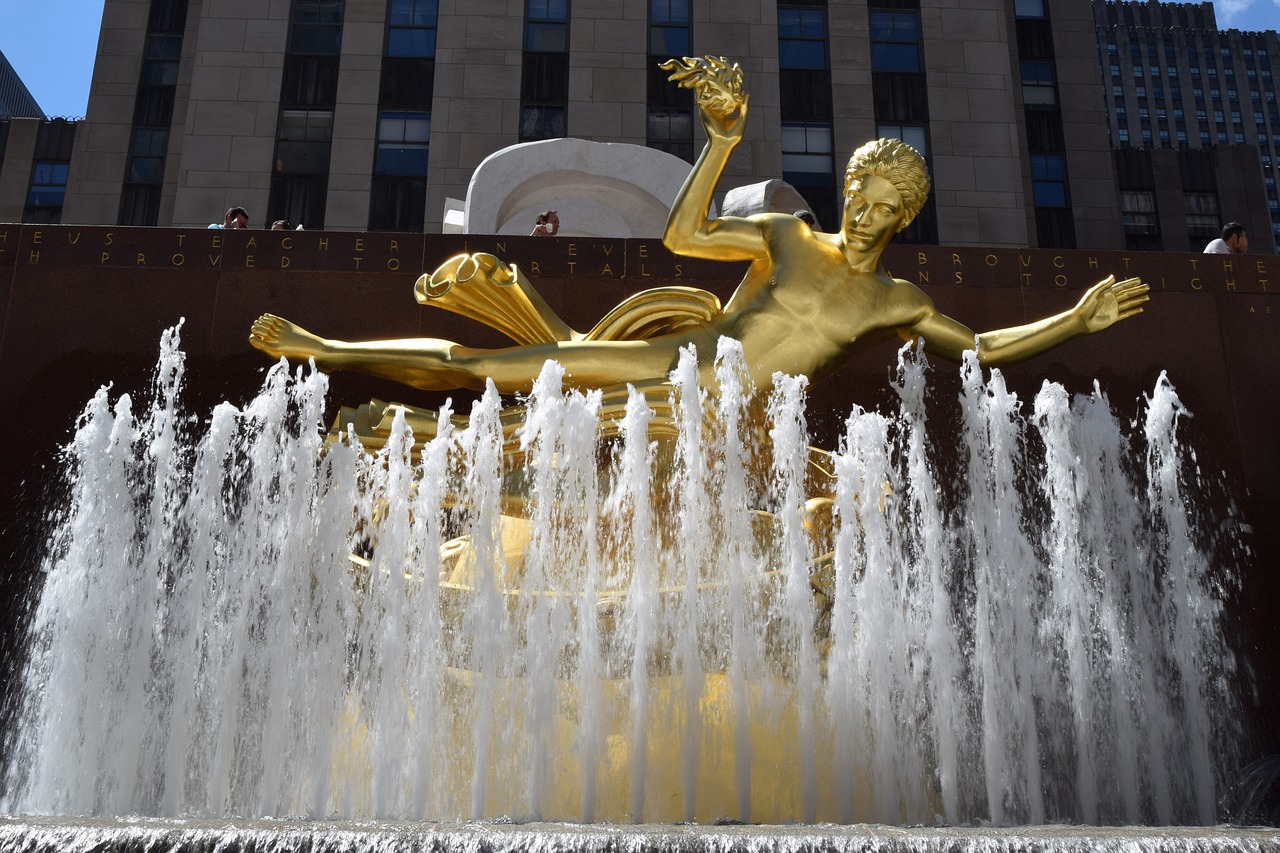Tag: Mythology
-
The Divine Legacy of Luna in Roman Mythology An Overview of Luna In Roman mythology, divine lineage played a critical role, particularly for deities like Luna. Drawing from Hesiod’s “Theogony,” Luna is recognized as the offspring of Hyperion and Theia. Hyperion, the Titan god representing celestial light, was one of Gaia (Earth) and Uranus’s (Sky)…
-
Geb holds a significant role in ancient Egyptian mythology as one of the most esteemed deities. Sometimes referred to as Seb or Keb, his name can be interpreted as “the lame one” although he stands as an essential and powerful god-king in the Egyptian pantheon. In the eyes of ancient Egyptians, Geb represented the earth…
-
Ares, the Greek deity of war, is often regarded as one of the least favored figures among the Olympian gods, primarily due to his impulsive nature, aggressive demeanor, and insatiable desire for battle. His mythos includes a series of notable events, such as his romantic involvement with Aphrodite, clashes with the hero Hercules, and a…
-
Isis is recognized as one of the central figures among the deities of ancient Egypt. Her name, drawn from the Greek adaptation of an ancient Egyptian term, translates to “throne.” Initially, she did not possess dedicated temples and was relatively obscure, but over time, particularly during the dynastic age, her significance grew immensely. Isis eventually…
-
Venus, a goddess known in ancient Italy, was originally associated with agriculture, fields, and gardens, but was later identified with the Greek goddess of love, Aphrodite, by the Romans. The renowned statue, Venus de Milo, created around 150 BCE, epitomizes her transformation into the figure of love as recognized globally today. In early Roman tradition,…
-
Unveiling Banba: The Lesser-Known Irish Goddess Despite not being among the more widely recognized Irish deities, Banba (also referred to as Anbha or Banbha) holds a significant place in mythology. As the granddaughter of the divine ancestors, Delbáeth and Ernmas, she is notably credited as the first to step foot in Ireland prior to the…
-
The Conflict: Sun Wukong vs. Olympian Gods In the ongoing debate surrounding the might of Sun Wukong, the Monkey King, against the twelve Olympian gods, various opinions have surfaced over years of discussion. Wukong is a character deeply rooted in Chinese mythology, showcasing extraordinary abilities and feats that often spark admiration and intrigue. Sun Wukong’s…
-
Greek mythology comprises a collection of narratives about the deities, heroes, and rituals integral to ancient Greek culture and Classical antiquity. While elements of fiction were acknowledged by critical thinkers of the era, like the philosopher Plato, the broader populace tended to regard these myths as factual representations of their beliefs. This rich tapestry of…
-
The tale of Prometheus has been woven throughout history, evolving with the perspectives of various authors over time. Its origins can be traced back to Hesiod’s Theogony, and subsequent writers have expanded upon the myths, transforming them into deep philosophical explorations. Notably, Greek playwright Aeschylus centered his dramatic works around Prometheus. The only surviving part…
-
Artemis, the Olympian goddess, represented hunting, the wilderness, and wild creatures in ancient Greek mythology. She is also celebrated as a protector of childbirth and girls until marriage age, paralleling her twin brother Apollo, who serves as the guardian of boys. While both deities could bring sudden death and disease—Artemis targeting women and girls, and…









